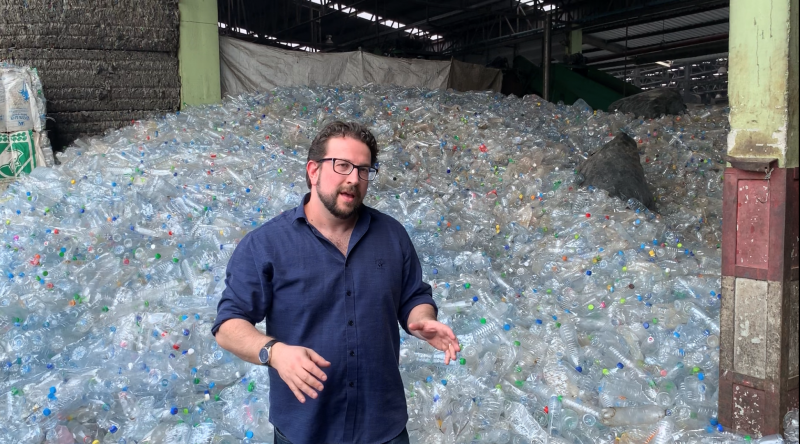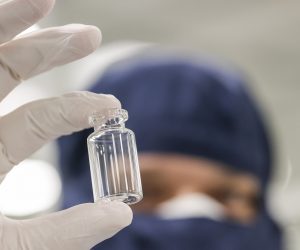
Extended Producer Responsibility has been quietly delayed, and it’s bad news for the circular economy
Raffi Schieir, Director of Bantam Materials and the Prevented Ocean Plastic Programme
The UK is falling behind our European neighbours in the fight against plastic waste. The Extended Producer Responsibility (EPR) consultation has not only been postponed until 2024 but has watered down several of its original proposals. Meanwhile, the European Commission has released a set of initiatives designed to accelerate transition to a circular economy – boosting the circularity of products on the EU market, reforming Ecodesign laws, prioritising sustainable textiles, and reinforcing consumer power. The UK’s delay sends a clear message: the circular economy is low down the government’s environmental agenda.
The need to tackle plastic waste is more urgent than ever. In 2020, the world produced an estimated 353 million tonnes of plastic waste[1] and, if we carry on as we are now, the annual flow of plastic entering the ocean is expected triple by 2040. Creating a circular economy on plastic is the best way to address plastic pollution. In a circular economy, plastic maintains its value and doesn’t become waste or litter, thus addressing pollution at its source.
While legislation takes time, we have already waited too long to see decisive government action. Often governments gain the PR benefit of announcements, however in reality when it comes to time for action we see delays and reduced commitments. The current delay is a missed opportunity for the UK to take action and be at the forefront of sustainability and recycling.
Fortunately, businesses don’t need to wait. They can and should be designing principles of circularity into their packaging before the scheme comes into force, not just because it is the right thing to do, but also to address the concerns of their consumers. A recent survey we commissioned with Kantar shows 62% of shoppers try to buy products that are sustainably packaged, but only 29% of people feel like they are actually able to in the supermarket. This value-action gap shows the needs of consumers just aren’t being met.
The Prevented Ocean Plastic Programme is proof that a model for circular plastics is not only possible but scalable. It is a high quality, certified and award-winning recycled plastic made from plastics collected from coastal areas at risk of ocean pollution, and costs only a fraction of a penny more than virgin plastics per pack/bottle produced. Our programme accelerates the end of new plastic production and cuts carbon emissions, all while supporting communities in developing countries by driving up standards across the waste collection sector, creating income and employment opportunities.
Brands, including LIDL, Sainsbury’s, Berry World, Childs Farm and Farmologie, Waitrose, Groupe Guillin and Staeger PPE, are already helping support a circular economy on plastic by using Prevented Ocean Plastic in their product ranges, but we still have a long way to go to make recycled plastic a preferred material. We don’t have time to wait for legal frameworks to come into force, and EPR, whether it be legislation or not, should be part of every producer’s mission because the health of our planet and communities depends on it. Join us by choosing recycled to help build a truly circular economy on plastic right now, help us clean up our natural environment and provide income opportunities for those who need it.
For more information about Prevented Ocean Plastic visit Preventedoceanplastic.com or about Bantam Materials visit Bantamltd.com.
[1] https://www.businessgreen.com/interview/4046942/reinvent-everything-meet-company-building-europe-fossil-free-degradable-plastics-plant




